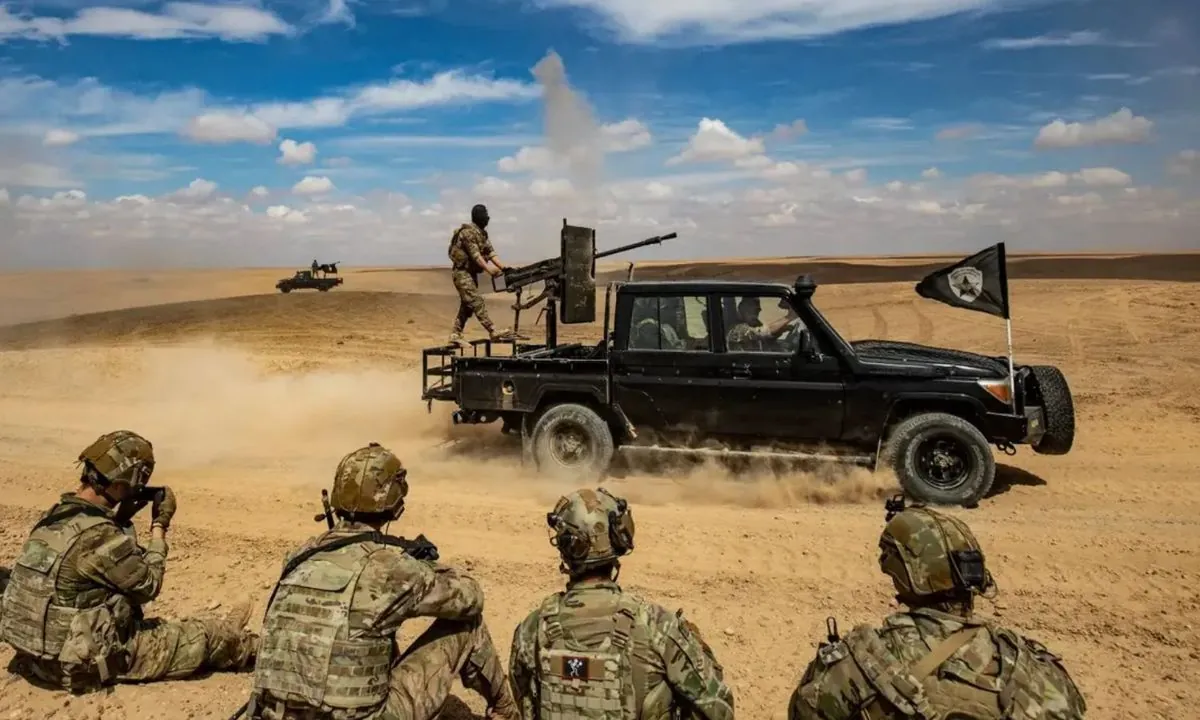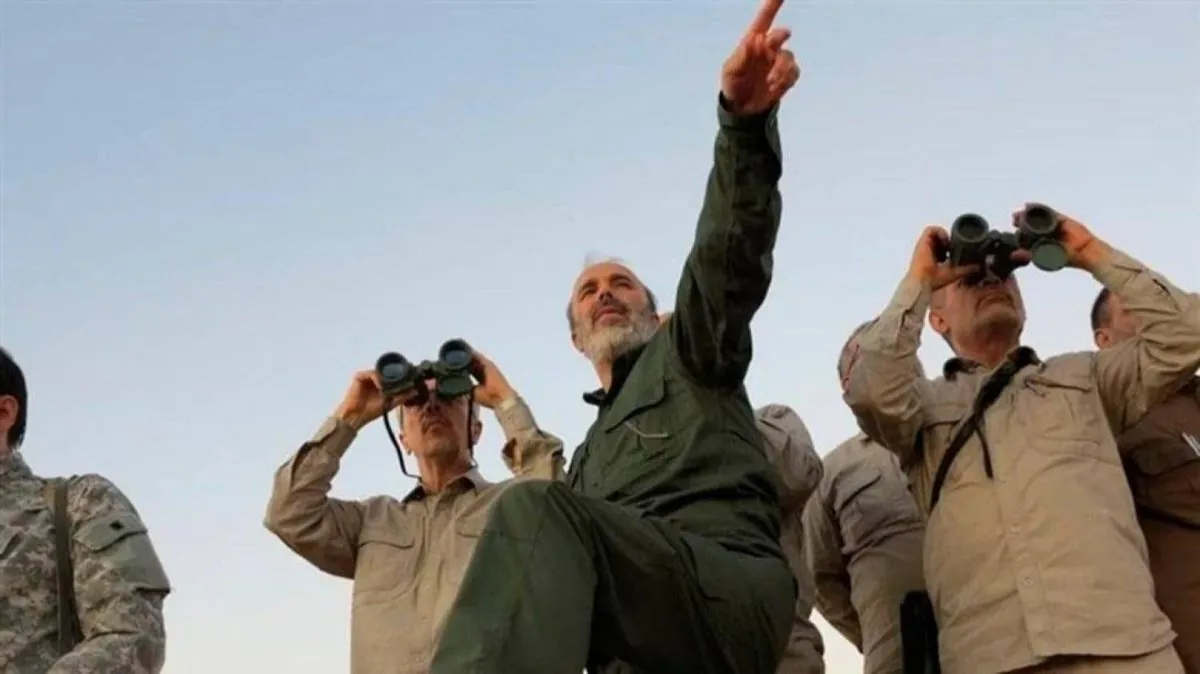Power Shift in Syria: Iran Fills Void as Russia Retreats
Russia's withdrawal from Syria creates a power vacuum, with Iran and Hezbollah expanding their influence. This shift poses new challenges for Israel, the West, and regional stability.

In 2015, Russia's military intervention in Syria raised Western concerns about the Kremlin's intentions in the Middle East. Nearly a decade later, the dynamics have shifted significantly, with Iran gaining prominence as Russia reduces its presence in the war-torn country.
Russia's involvement in Syria yielded substantial benefits, including control over oil and gas resources and strategic military bases. The Khmeimim Air Base in Latakia and the naval facility at Tartus port, established in 1971, provide Moscow with a strategic presence against NATO's southern flank in the Mediterranean.
However, Russia's full-scale invasion of Ukraine in 2022 led to a redeployment of troops and resources, including the S-300 air defense system, from Syria to Ukraine. The 2023 Wagner Group mutiny further diminished Russia's presence in Syria.
This withdrawal created a power vacuum, quickly filled by Iranian and Hezbollah forces. According to the Israeli Defense Forces, Iran operates 13 military bases across Syria, while Hezbollah has expanded to over 100 sites. Iran has also established the Imam Hussein Division, a new proxy group with 6,000 fighters from various countries.

Unlike Russia's more pragmatic approach, Iran and Hezbollah are driven by ideological goals, primarily the containment or destruction of Israel. This shift poses new challenges for key players in the region:
- Russia: Its gains in Syria could be jeopardized by increased Iranian presence and the threat of wider conflict.
- Israel: Faces potential new fronts in Syria while already engaged in conflicts with Hamas in Gaza and Hezbollah in southern Lebanon.
- The West: Risks a revival of Cold War-era tensions if Russia aligns more closely with anti-Western forces.
The U.S. government's best option may be to maintain its military presence in Syria and support the Syrian Democratic Forces (SDF). However, the SDF's future depends on Turkey's stance, as Ankara designates the group as a terrorist organization.
"We are closely monitoring the situation in Syria and its implications for regional stability. Our commitment to countering terrorism and supporting our allies in the region remains unwavering."
As the power dynamics continue to evolve, the absence of Russia as a restraining force may lead to further expansion of Iranian and Hezbollah influence in Syria. This shift could potentially drag the U.S. and its allies into a conflict with Iran's Axis of Resistance, highlighting the complex and volatile nature of the situation in the Middle East.


































